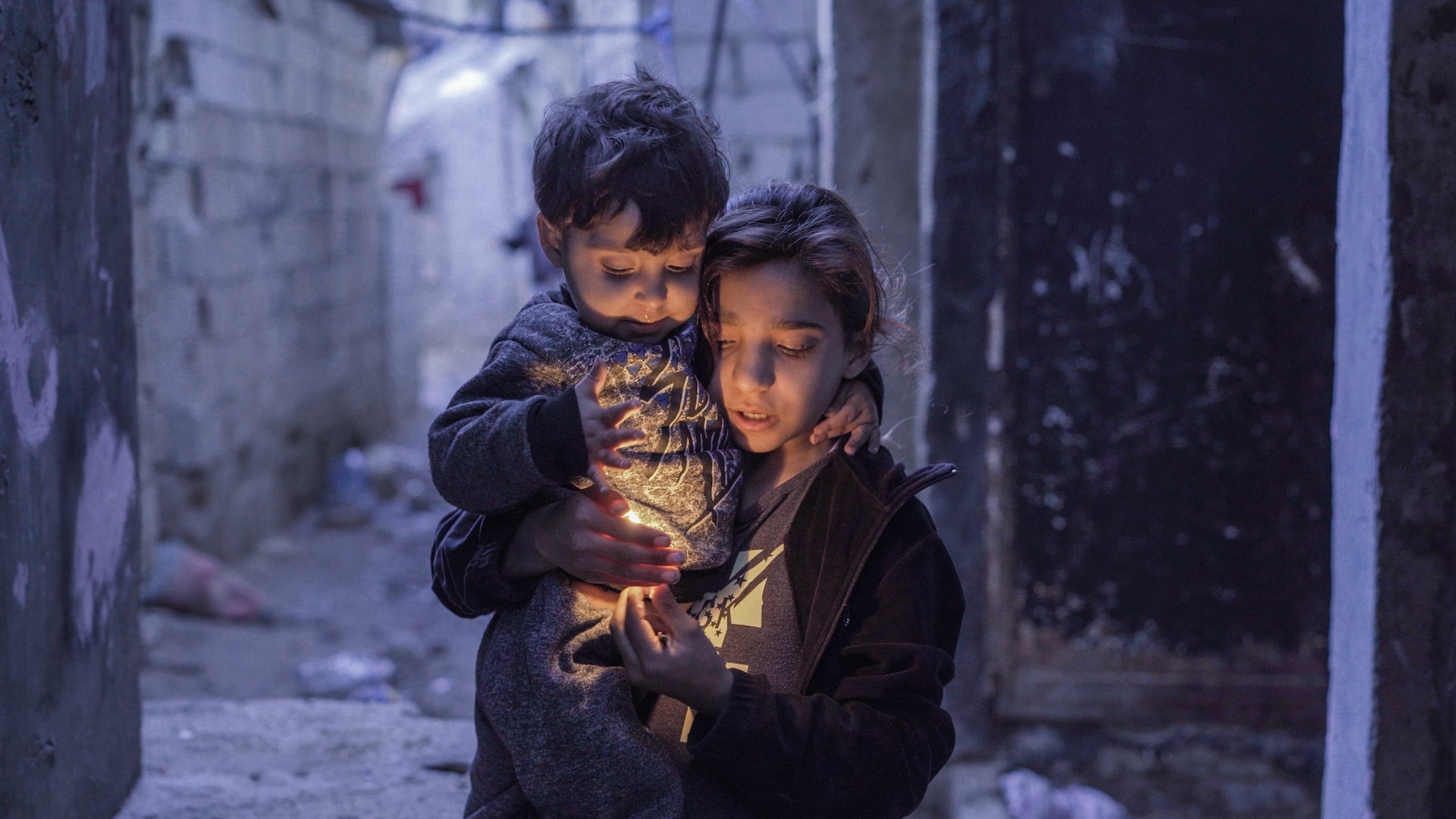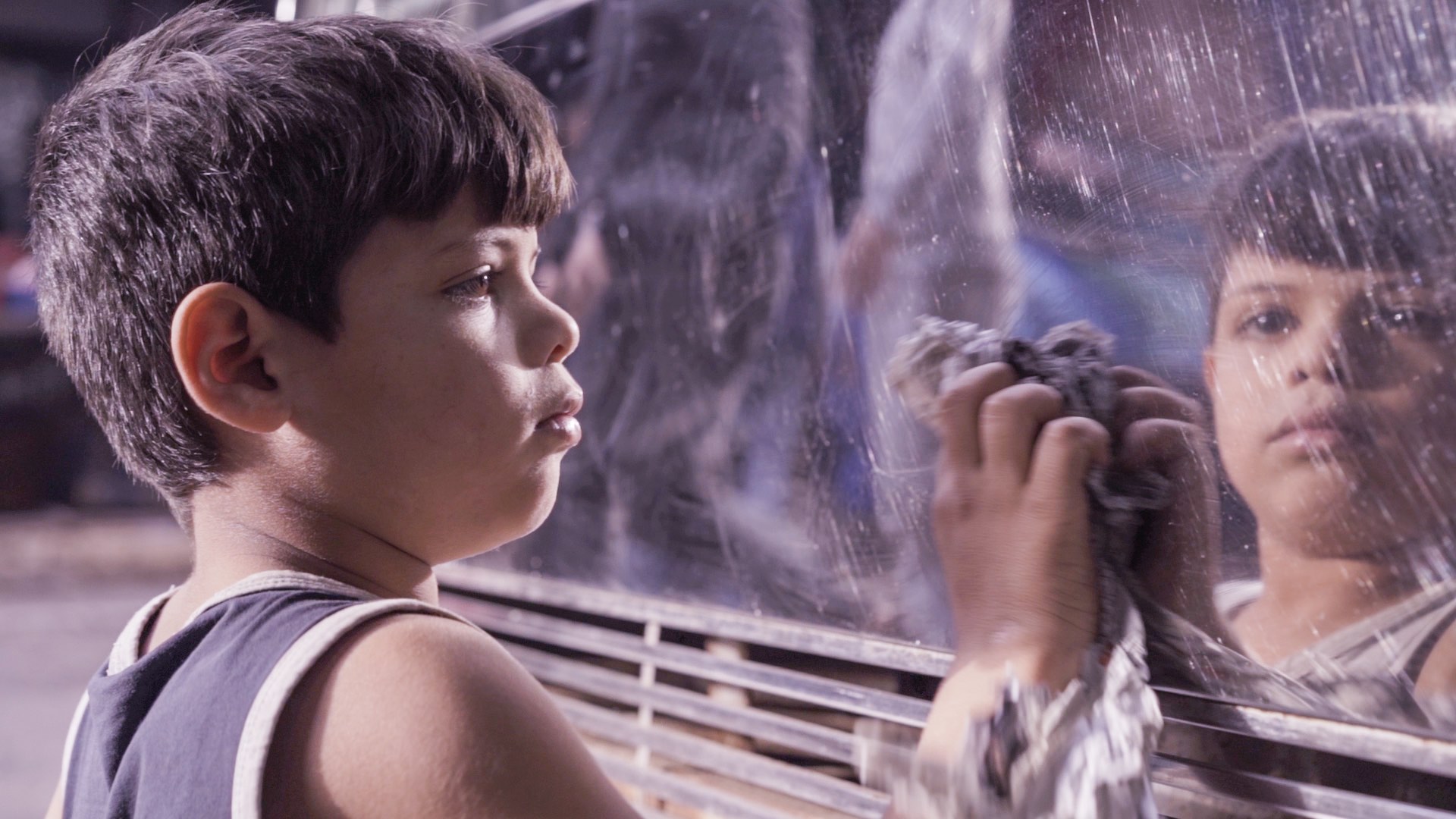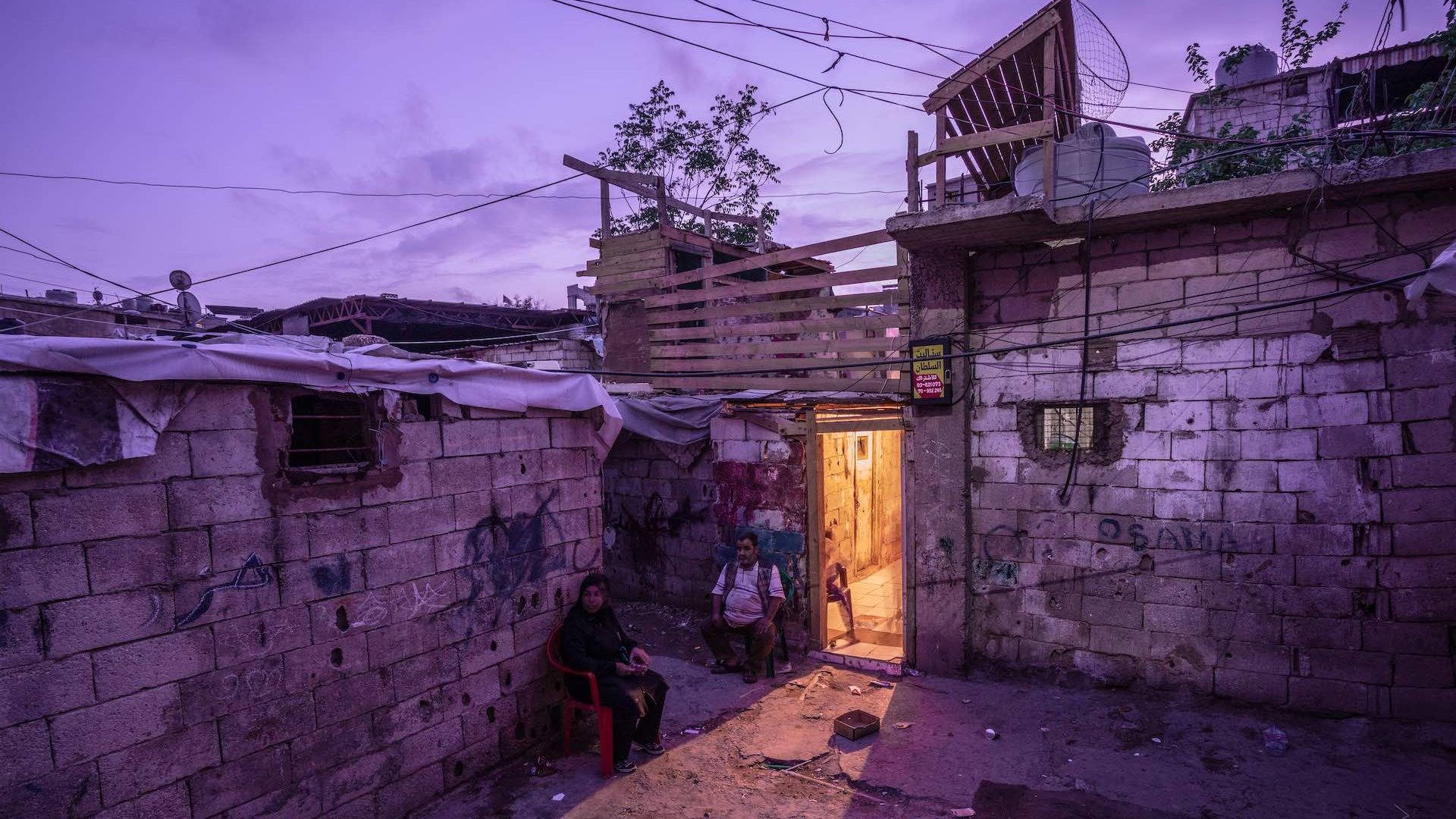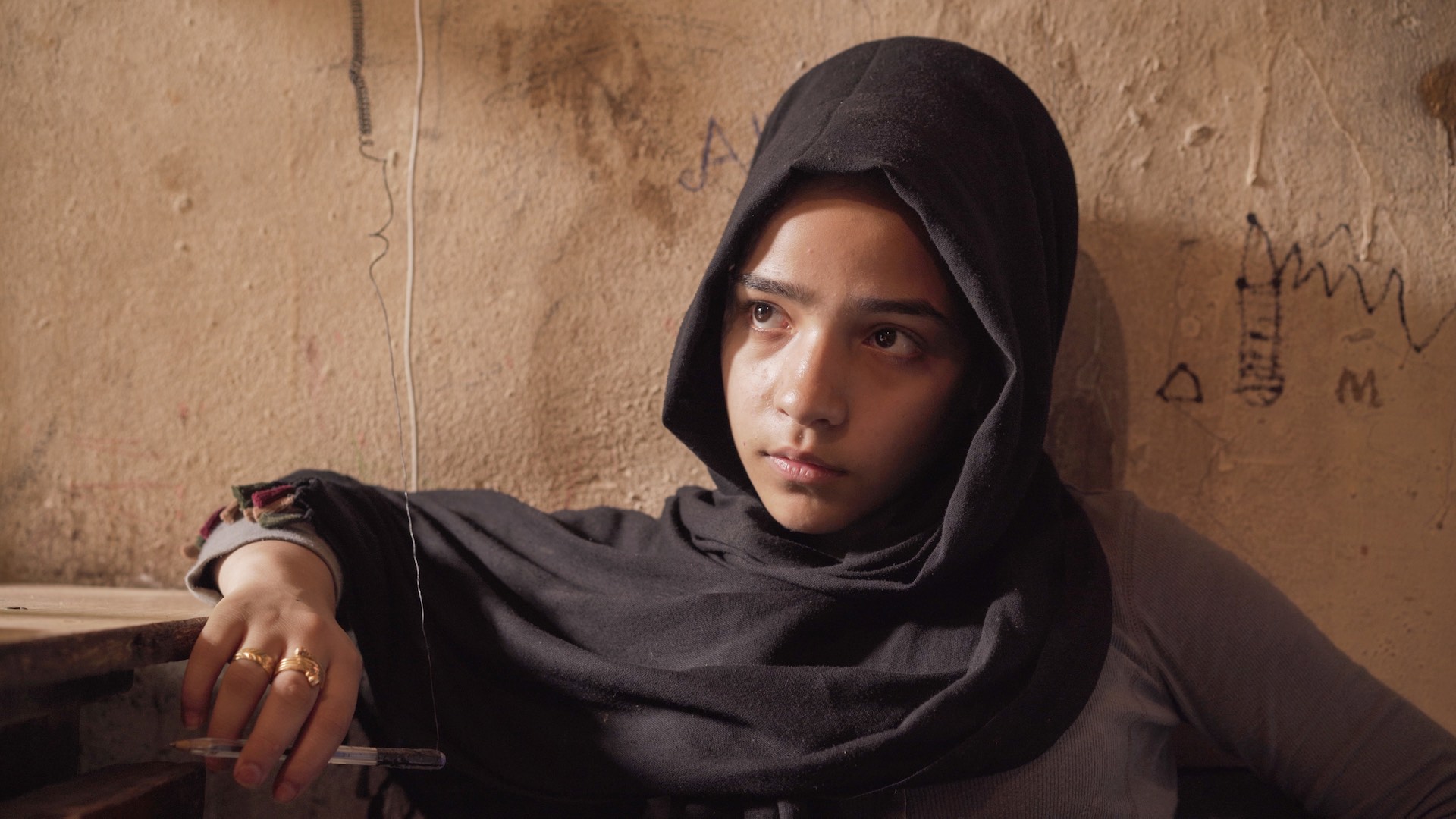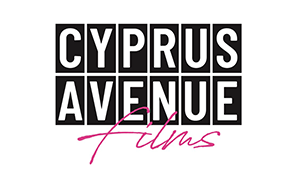In the Shadow of Beirut
What does it look like where no one is looking? In a place that is largely absent from international news coverage? Its inhabitants live at the subsistence level - without papers, without civil rights, without prospects.
Synopsis
As in his previous film “Gaza” (Sundance 2019), director Garry Keane together with Stephen Gerard Kelly take a look at places that tend to be overseen. In “In the Shadow of Beirut” they accomplish to get an intimate and close look into Beirut’s most left-alone areas, Sabra and Shatila. These former Palestinian refugee camps have over the past decades become districts of their own and makeshift homes to everyone left-alone from the authorities. Their inhabitants are tolerated but they have no rights.
Over years, the filmmakers who themselves directed the camera and recorded sound, established close relationships to families in the camps and “In the Shadow of Beirut” portrays them as resilient actors in a hard life they make for themselves within their means. The film gives the residents their own voice – turns numbers and statistics into people and lives.
There is 8-year-old Abu Ahmad who fled civil war Syria together with his mother and two of his older siblings. He works 14 hours a day to supplement the family’s meager living expenses supported by a fatherly protector, Abu Asali, at whose juice stand the boy helps out. As Abu Asali himself grew up in Shatila, he is also the chronicler of the neighborhood. As a child, he witnessed the monstrous Shatila massacre.
Ayman Kuyeyje, father of five and store owner, arranges the engagement of his daughter Sanaa – primarily so that he no longer has to worry about her, “that there is someone to look after her.“ But the engagement is not under a lucky star.
After his release, the ex-convict Abudi tries to put his life in order, first and foremost for his young son Ali, who gives him hope and a sense of purpose in life. But in a makeshift neighborhood like Shatila, construction jobs are spartan and the money he earns is barely enough to survive.
The Daher family belong to the ethnic minority group of the Dom, descendants from the Roma. Their youngest daughter Sareea is desperately ill and is denied any kind of medical supply or support as the Dahers have no papers, no citizenship.
The protagonists are representative of thousands of other invisible people, who struggle daily for survival. Lebanon is the most diverse country in the Middle East – with the highest refugee rate in the world. It is a country that is one of the most corrupt, whose economy and society are crumbling at frantic speed – here it is the poor who suffer the most.
Directed by
Stephen Gerard Kelly, Garry Keane
Producer
Brendan J. Byrne
Director of Photography
Stephen Gerard Kelly
Editing
Iseult Howlett
Music
David Holmes, Tim Harries
Co-Producers
Christian Beetz, Myriam Sassine,
Alison Toomey
Executive Producers
Hillary Rodham Clinton, Chelsea Clinton, Siobhan Sinnerton, Johnny Webb
Commissioning Editor
Martin Pieper (ZDF/Arte)
Line Producer
Kathrin Isberner (GBF)
Creative Producer
Caroline Schaper (GBF)




